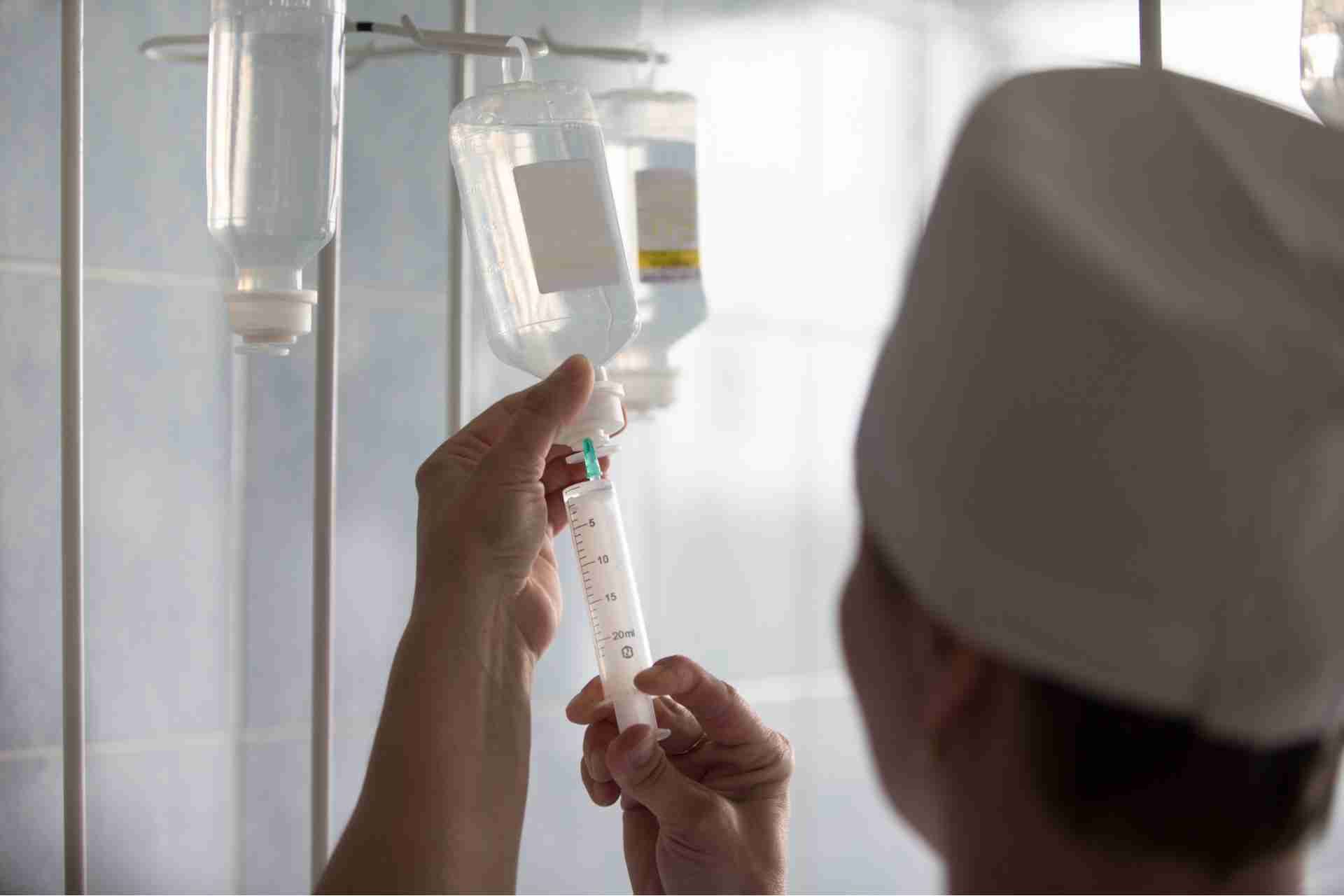Everything About Substance Induced Mood Disorder
Living with a mood disorder is challenging enough on its own, but what if I told you that substance use could make it even more complicated? Substance Induced Mood Disorder (SIMD) is a complex and often misunderstood mental health condition. It occurs when the regular use or withdrawal from certain substances causes significant changes in a person's mood and behavior. Keep reading as we discuss everything you need to know about substance induced mood disorder from causes, and symptoms, to treatment options.
Brief Overview
To begin, it is essential to understand the connection between substance use and mental health. Substance abuse can significantly impact the delicate balance of neurotransmitters in the brain, which are responsible for regulating our mood, emotions, and overall mental well-being. When we introduce substances into our bodies, such as alcohol, opioids, stimulants, or hallucinogens, it disrupts this delicate equilibrium, leading to potential mood dysregulation.
Substance induced mood disorder can be broken down into two main categories: substance induced depressive disorder and substance induced bipolar disorder. These two disorders have distinct characteristics, but both are characterized by the presence of a primary mood disturbance directly associated with substance use.
Individuals with substance induced depressive disorder typically experience symptoms of a major depressive episode, such as persistent sadness, loss of interest in activities, changes in appetite or sleep patterns, and feelings of worthlessness or guilt. These symptoms are directly correlated with substance use and are not better attributed to any other mental health condition.
On the other hand, substance induced bipolar disorder presents with manic or hypomanic symptoms, where the individual experiences periods of elevated mood, increased energy, impulsivity, and potentially reckless behavior. These symptoms may alternate with depressive episodes caused or significantly influenced by substance use.
Common substances that contribute to substance induced mood disorders include alcohol, opioids, cannabis, amphetamines, and hallucinogens. However, it is important to note that not everyone who uses drugs or alcohol will develop these disorders. Each person's genetic predisposition, underlying mental health conditions, the duration and intensity of substance use, and the substances themselves play a role in determining susceptibility.
Causes of Substance Induced Mood Disorder
Substance Induced Mood Disorder is directly linked to substance abuse or substance withdrawal. Prolonged and excessive use of substances such as alcohol, opioids, stimulants, hallucinogens, or even prescription medications can disrupt the brain's natural chemical balance. This imbalance can lead to disturbances in mood, including depression, anxiety, irritability, or even manic-like symptoms.
Symptoms of Substance Induced Mood Disorder
The symptoms of SIMD can vary depending on the substance involved and the individual's general mental health. However, some common symptoms include:
1.
Depression: Feelings of sadness, hopelessness, and loss of interest in previously enjoyed activities.
2.
Anxiety: Restlessness, excessive worry, or panic attacks.
3.
Irritability: Easily provoked and quick to anger, even over minor issues.
4.
Mood swings: Rapid and unpredictable changes in mood, from euphoria to sadness.
5.
Psychotic symptoms: In some cases, substance abuse can lead to hallucinations, delusions, or other forms of psychosis.
Treatment Options for Substance Induced Mood Disorder
The first step in treating SIMD is to address the underlying substance abuse problem. This may involve detoxification and rehabilitation programs to help individuals safely withdraw from the substances and regain control over their lives. Once the substance abuse is under control, mental health professionals can focus on treating the mood disorder symptoms.
1.
Psychotherapy: Talk therapy, such as cognitive-behavioral therapy (CBT), can help individuals identify and change negative thinking patterns and develop healthy coping strategies.
2.
Medication: In some cases,
antidepressants, mood stabilizers, or anti-anxiety medications may be prescribed to alleviate symptoms and stabilize mood.
3.
Ketamine Therapy:
Ketamine therapy holds promise due to its unique pharmacological properties. Firstly, ketamine targets the glutamate system, a major neurotransmitter in the brain that plays a crucial role in mood regulation. By modulating glutamate transmission, ketamine can help restore the balance in brain circuits disrupted by substance abuse, thereby alleviating symptoms associated with SIMD. Secondly, ketamine has a rapid onset of action, often providing relief within hours or days, compared to weeks or months with traditional antidepressants.
4.
Support groups: Peer support can be incredibly beneficial for individuals struggling with SIMD. Joining support groups or attending Alcoholics Anonymous (AA) meetings can provide a sense of community and understanding.
Preventing Substance Induced Mood Disorder
Prevention is always better than cure. Here are some general tips to reduce the risk of developing SIMD:
1.
Educate yourself: Learn about the potential mood-altering effects of various substances and the risks associated with their misuse.
2.
Seek help for substance abuse: If you or someone you know is struggling with substance abuse, don't hesitate to seek professional help.
3.
Maintain a healthy lifestyle: A balanced diet, regular exercise, and good sleep habits can improve overall mental health and resilience.
4.
Practice stress management techniques: Engage in activities that help manage stress, such as meditation, yoga, or hobbies you enjoy.
Always Seek Professional Help
Substance Induced Mood Disorder is a complex mental health condition that requires a multidimensional approach to treatment. By addressing the underlying substance abuse issues and focusing on restoring mental well-being, individuals can overcome SIMD and regain control over their lives.
Seeking professional help, practicing self-care, and educating ourselves about substance abuse are crucial steps towards prevention and recovery.










